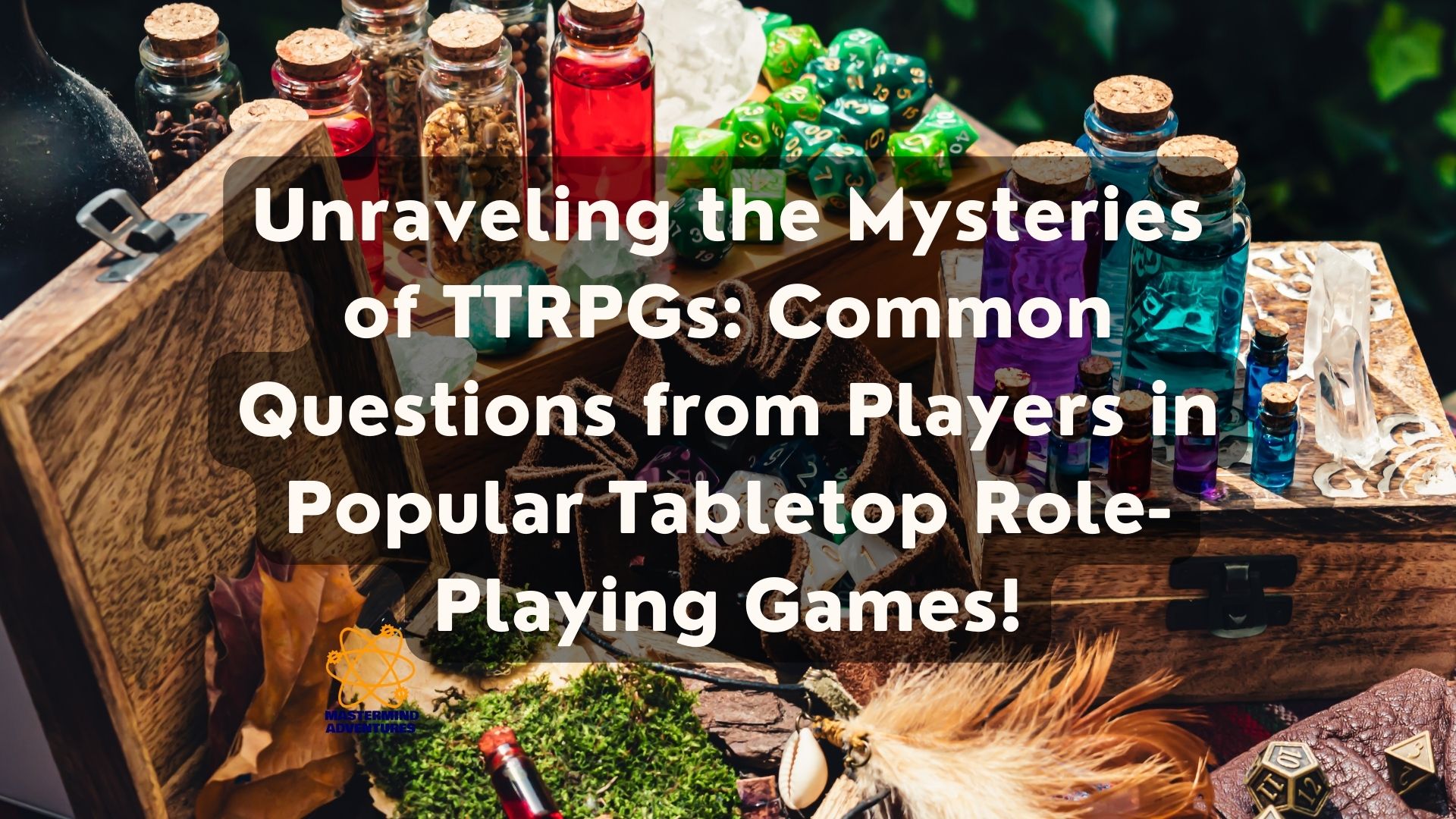As tabletop RPG experts, we’ve seen countless Dungeons & Dragons (D&D) campaigns evolve and flourish under the guidance of creative Dungeon Masters (DMs). One of the most rewarding aspects of D&D is its flexibility, which allows DMs to tailor the game to suit their players’ preferences and enhance the overall experience. In this article, I’ll share my top five homebrew rules that can greatly improve gameplay and storytelling for both new and experienced DMs.
Hero Points: Rewarding Exceptional Play
Introducing a new in-game currency called Hero Points can help encourage exceptional roleplaying, strategic thinking, and problem-solving. Players earn these points for performing notable in-game actions and can spend them to gain advantage on a roll, add a bonus to a roll, or even change a small aspect of the story. This homebrew rule incentivizes players to be more creative and engaged, fostering a more memorable and exciting campaign.
Critical Success and Failure: Adding Flair to Critical Rolls
Expanding on the standard D&D rules, this homebrew rule adds more flavor and impact to critical rolls. When a player rolls a natural 20 on an attack roll, they not only guarantee a hit but also deal extra damage or gain other beneficial effects. Conversely, rolling a natural 1 results in not just a miss, but also a fumble or other negative consequences. This adds excitement and tension to each roll, making critical successes feel more rewarding and critical failures more dramatic.
Customizable Backgrounds: Personalizing Your Characters
Allowing players to create their own character backgrounds instead of using the pre-written ones in the Player’s Handbook can lead to more unique and engaging character concepts. By crafting their own backstory that fits their character’s personality and motivations, players become more invested in their characters, leading to more meaningful roleplaying and character development. Of course, these custom backgrounds should still provide the necessary mechanical benefits to ensure game balance.
Milestone Leveling: Focusing on Storytelling and Character Growth
Instead of the traditional experience point (XP) system, consider using milestone leveling in your campaign. In this system, characters level up when they achieve significant goals or reach important story points, rather than accumulating XP from defeating enemies or completing quests. This shift in focus can help players concentrate on storytelling and character development, fostering a more immersive experience for everyone at the table.
Rule of Cool: Embracing Creative and Exciting Actions
The Rule of Cool is a homebrew guideline that encourages DMs to be flexible with the rules when players come up with creative or exciting actions that may not strictly adhere to the game’s mechanics. By bending or even ignoring certain rules to accommodate these moments, DMs can make the game more fun and engaging for everyone, while also fostering a collaborative and imaginative atmosphere at the table.
—
These five homebrew rules are just a starting point for DMs looking to enhance their D&D campaigns. Remember that any homebrew rules should be discussed and agreed upon by both the DM and the players to ensure that everyone is on board and enjoys the changes. As a DM, your ultimate goal is to create a fun and engaging experience for your players, so feel free to experiment and find the homebrew rules that work best for your table.








Leave A Comment